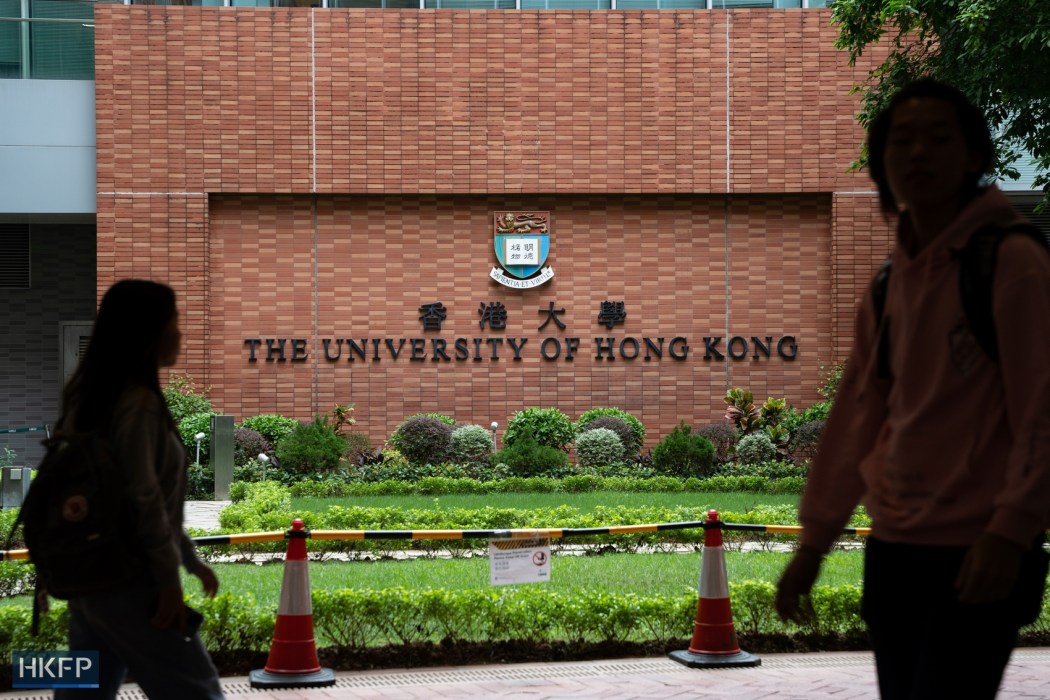Men tend to overestimate women’s sense of safety and access to education and health services, a survey on gender equality in Hong Kong has found.

The study, launched by the University of Hong Kong’s Department of Social Work and Social Administration and NGO Hong Kong Federation of Women’s Centres, surveyed the public’s attitudes relating to the quality of life among women in Hong Kong in January and February.
Among the 1,287 adults who took part in the survey, 603 were male and 684 were female. There were significant differences between men and women’s answers, the results released on Monday showed.
On questions about women’s sense of security at home and in public, a larger proportion of male than female respondents said women felt safe.
When asked how much access women had to quality education, almost 85 per cent of male respondents answered “easy.” For female respondents, a smaller proportion – 72 per cent – gave that answer.

A question about the ease of women being hired as professionals saw 71 per cent of male respondents, and 59 per cent of female respondents, answer “easy.” Almost eight per cent of women said it was “difficult,” while for male respondents, the figure was four per cent.
Similar trends were seen for questions about women’s access to quality healthcare and control of personal finances. The results showed that a larger proportion of male than female respondents believed that women had access to decent medical services and autonomy over their assets.
‘Gender perspectives’
The survey was conducted to mark International Women’s Day this Friday, an annual date that recognises women’s achievements and raises awareness of gender equality.
The study also found that, while the majority of respondents – or 90 per cent – agreed that more opportunities should be provided for women in areas such as business and higher education, the figure was still slightly lower than the world average, which stands at 92 per cent.

In Hong Kong, the proportion of males who think there should be more opportunities for women was also lower than the proportion of females.
The researchers urged the government to “integrate gender perspectives” into policy-making, including in relation to schools and the workplace.
The government should take the lead in incentivising women-friendly work environments and encouraging household labour division, a press release for the study said.
Authorities should also provide more childcare and elderly care services to ease the burden on women left to take up caregiving duties, the researchers added.
Support HKFP | Policies & Ethics | Error/typo? | Contact Us | Newsletter | Transparency & Annual Report | Apps
Help safeguard press freedom & keep HKFP free for all readers by supporting our team

LATEST FROM HKFP
HKFP has an impartial stance, transparent funding, and balanced coverage guided by an Ethics Code and Corrections Policy.
Support press freedom & help us surpass 1,000 monthly Patrons: 100% independent, governed by an ethics code & not-for-profit.










